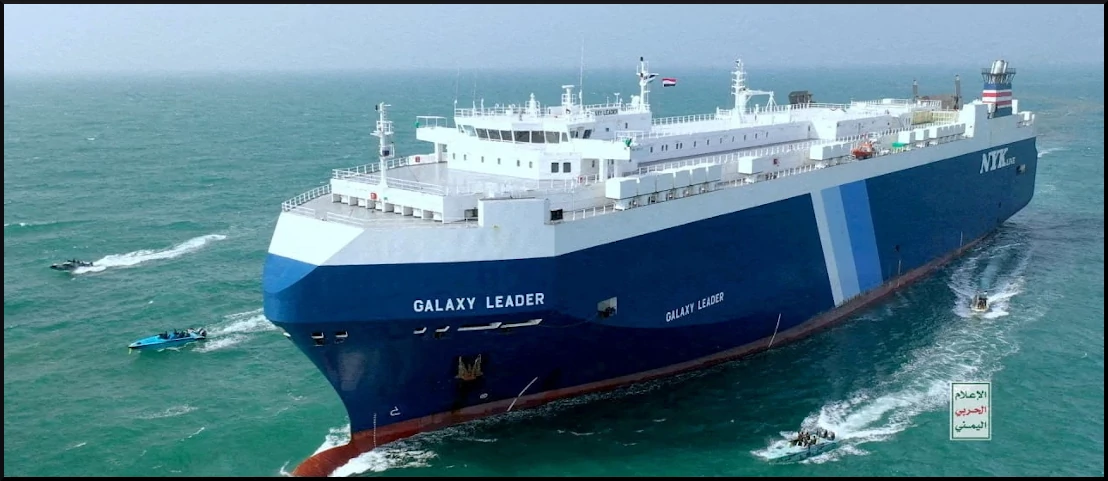from the News Desk at The Cradle, published on January 26, 2024
Saudi Aramco, the world’s largest oil company, is continuing to send oil and fuel tankers through the Red Sea, despite US and UK bombing of Yemen and attacks by Yemen’s armed forces on Israeli, US, and UK-linked ships passing through the Bab al-Mandeb Strait.
“We’re moving in the Red Sea with our oil and products cargoes,” Mohammed al-Qahtani, head of Aramco’s refining and oil trading and marketing businesses, told Bloomberg on 26 January.
The risks of continuing to use the Red Sea route to Europe amid the violence are “manageable,” he said.
In November, Yemen’s de-facto government, led by the Ansarallah resistance movement, began targeting ships with Israeli links and ships traveling to Israel via the Red Sea and Suez Canal.
Ansarallah took the decision in response to Israel’s bombing and ground campaign against Gaza, which many view as a genocide.
Rather than press Israel to end attacks on Gaza, the US and UK began bombing targets in Yemen, endangering not only Israeli-linked ships but ships from other nations as well.
In response, many of the world’s largest shipping companies began redirecting ships around the Horn of Africa, adding two weeks to the journey from Asia to Europe.
But in January, Aramco increased crude shipments through the Red Sea toward Europe, according to vessel tracking data compiled by Bloomberg.
“That is also giving us huge access and optionality,” Qahtani said. “We are assessing that almost on a daily basis.”
He said that the cost of these shipments has increased, as few shipping companies are willing to travel the route, and insurance costs have risen. “But overall it’s is very manageable.”
Most Saudi crude is exported east to Asia, but the kingdom has been able to continue using the Red Sea route for western shipments due to its continued ties with the Yemeni government.
Saudi Arabia and Ansarallah continue to negotiate a formal end to the war they fought between 2015 and 2022.
As western shipping companies have rerouted their ships, Chinese firms have stepped in to fill the void, as China also enjoys good relations with Ansarallah and does not fear its ships being attacked in the Red Sea.
Chinese firms have been serving ports such as Doraleh in Djibouti, Hodeidah in Yemen, and Jeddah in Saudi Arabia, which all saw major drops in port traffic following the attacks.
Cichen Shen, the China expert at Lloyd’s List Intelligence, told the Financial Times that the “easiest explanation” for the rush of Chinese operators into the region was that they seek to exploit their relative invulnerability to attack to win business.
“You have commercial interest and you see this capacity gap and you see the demand,” Shen said of the lines’ motivation for moving ships to the region. “I think the commercial interest is probably the biggest reason.”
*Featured Image: The Galaxy Leader cargo ship is escorted by Yemeni boats in the Red Sea in this photo released November 20, 2023. (Photo credit: Ansarallah (Photo credit: Military Media/Handout via Reuters/File Photo)
